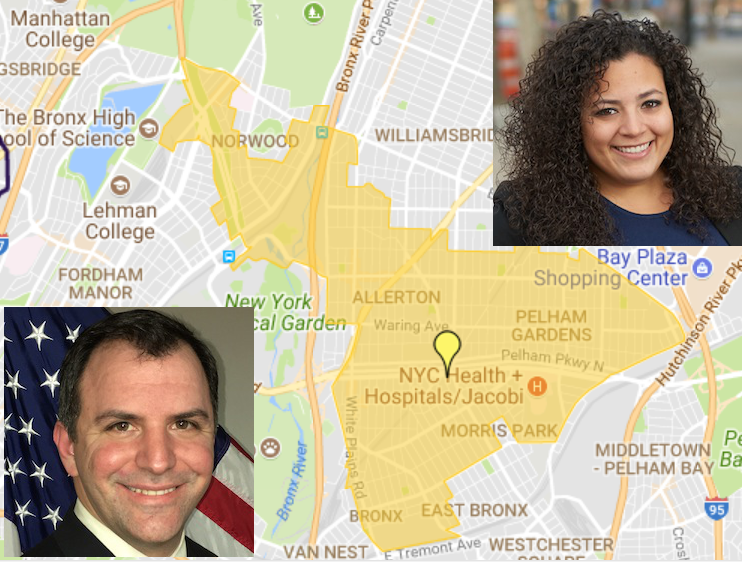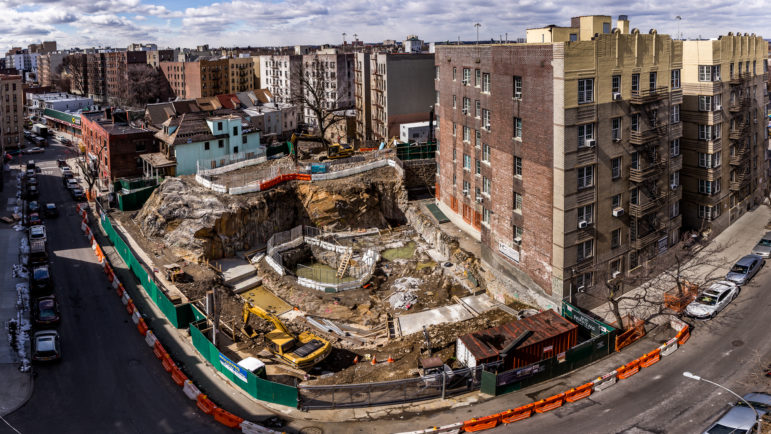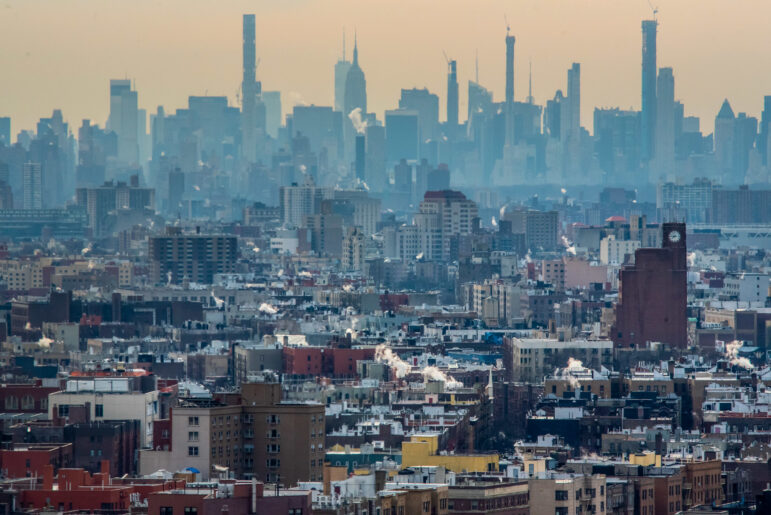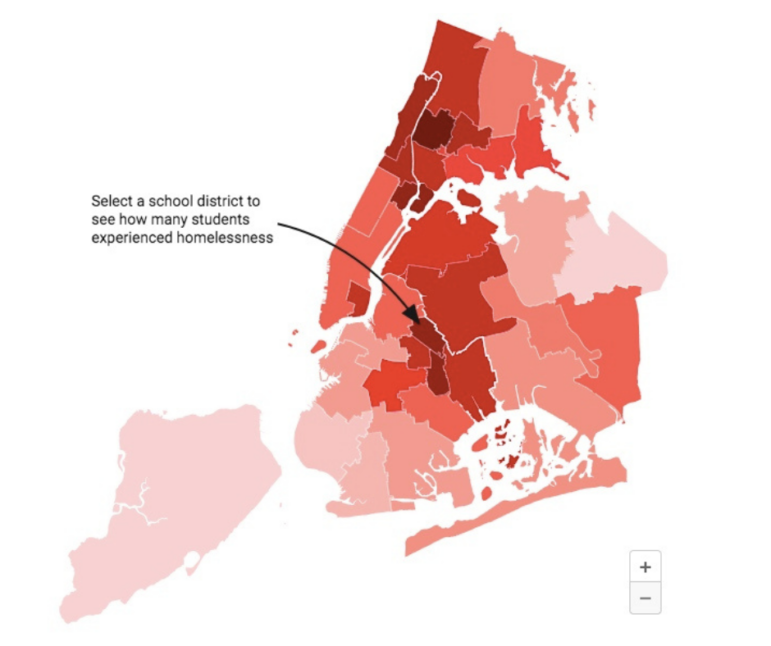
NYS Assembly, NYC CFB
Gene DeFrancis (lower left inset) and Nathalia Fernandez are contesting next week’s special election for the 80th Assembly district.
Nathalia Fernandez has all the advantages heading into Tuesday’s special election for the 80th Assembly district in the Bronx. As a Democrat, she has an eight-to-one registration advantage over Republican Gene DeFrancis in the district whose tail stretches from Van Cortlandt Village through Bedford Park and Norwood, and whose heart is in the Allerton, Pelham Gardens and Morris Park neighborhoods. Her campaign funds, while modest at $21,000, are about 10 times what DeFrancis reports. She’s got the backing of Mark Gjonaj, for whom she once served as chief of staff, and who held the Assembly seat for five years until leaving for the City Council in January. And this week she picked up the endorsement of Gov. Andrew Cuomo, for whom she has served as Bronx Regional Representative.
“Nathalia Fernandez is a proven leader who will advance the progressive values of opportunity and equality that built the Empire State in the first place,” the governor’s statement read. “From fighting for the middle- and working-class to advancing the rights of women and girls, Nathalia will continue the fight to make New York a fairer, more equal state for all.”
For her part, Fernandez—noting that she is running to become the youngest Latina in the state Assembly—hailed the governor as a “progressive champion.”
The election next Tuesday is one of four occurring in the city, along with a State Senate race in the Bronx and Assembly races in Manhattan and Queens, the latter of which is uncontested. Seven other contests will take place elsewhere in the state. A Westchester County race in is the spotlight because it could shape which party controls the State Senate.
If history is any guide, however, most of the special elections will see very low turnout. A special election held last May to fill a State Senate seat in Manhattan drew fewer than 8,900 votes in a district with 202,000 active voters—good for a turnout rate of 4.3 percent.
Special elections are bound to draw relatively few voters because they occur in isolation and at odd times of year, but the mechanics of New York State’s special elections are particularly clunky. Because there are no primaries, county party leaders get to pick who goes on the party line, sometimes presenting voters with a less than thrilling set of choices. And the governor has wide latitude in deciding whether and when to call the election: In this case, Cuomo opted to schedule the vote after the state budget, effectively depriving hundreds of thousands of citizens of representation on the key statewide policy decision of the year. In the case of the 80th district, that affected 58,000 active voters and around 125,000 people, or roughly 25 percent more than the population of Albany.
Voters who do venture out on Tuesday could end up voting four times this year: After the April 24 special are the June 26 federal primaries for Congress, the September 13 state primaries and the November 6 general election.
DeFrancis tells City Limits he never planned to run for public office. A Navy veteran and Bronx native, he’s spent the last few years running the Allerton International Merchants Association, a volunteer group he founded that does neighborhood cleanups and other work — what he describes as “grassroots community activism.”
When Gjonaj, who had represented the 80th district in the Assembly since 2013, won the Council post last November and resigned, DeFrancis was encouraged by his neighbors to throw his hat in the ring, he says. “We were concerned about politicos basically dictating to the community who was going to serve us next,” he says.
As a Republican in a heavily Democratic district, he feels there can be a “stigma” associated with his party, but says it hasn’t been an obstacle when interacting with voters. “They all know me and my history and what we’ve done in the community and they’re fully engaged and on board,” he says. “I’ve been humbled by it.”
If elected, DeFrancis says his first priority would be education. He wants more schools built to ease overcrowding in his district, and would push to consolidate public elementary and middle schools so that children remain in the same school building from kindergarten through eighth grade. “If teachers and staff are working with them since kindergarten, generally speaking [they] would be more inclined to know how to help them.” He also wants to tackle quality-of-life issues in his district as well as health care, including finding ways to combat the opioid crisis.
Education is also a top priority for Fernandez, also a Bronx native. “I would fight for more school funding in the budget. More funding in public schools would help even the playing field,” says Fernandez. She also feels that there should be more counseling in schools because “students feel lost,” for many reasons including bullying. “These kids need guidance and opportunity.”
Fernandez knows how important opportunities are. She collaborated with Bronx High School for the Visual Arts to provide internships for students in their senior year. She feels that starting one’s first internship in college is too late. “Students need to get a taste sooner than later,” said Fernandez. She vows to continue to seek collaboration with other Bronx High Schools to create more internship programs.
But Fernandez’s top priority is funding for mental-health centers. “We have to allow mental-health counselors to be able to diagnose people with issues,” said Fernandez. One of those issues is addiction: The Bronx has the second-highest rate (28.1 per 100,000) of overdoses in the city, with the South Bronx being the most affected area. “We need to fund more recovery centers and treat those that are struggling over addiction,” says Fernandez.
In her statement for the New York City Campaign Finance Board’s voters’ guide, Fernandez says “affordable healthcare for every New Yorker, and a housing plan that works” are other top goals.
BronxNet’s Gary Axelbank moderated a debate between the two candidates that aired earlier this week:









5 thoughts on “A Mere Handful of Voters Likely to Decide Who Represents 125,000 Bronxites in Albany”
This is extremely biased and skewed. I swear, every other line has the word Fernandez in it! How is she going to fix our education system when she’s never even set foot in a public school? Not to mention she’s never fought for the rights of woman or ever cared about the working class…. she’s a rich girl from north salem. She’s not even from the district! She’s been here three years because her daddy bought her a job. Gene, far and away, has the experience, the support, and the know how to be the next assemblyman. HE is a champion of the working and middle class. He has dedicated nearly half his life to that during his time as the president of the Merchants association. This piece was outrageous.
Word count of paragraphs mentioning only Fernandez: 312
Word count of paragraphs mentioning only DeFrancis: 254
Word count of paragraphs mentioning both of them: 128
Word count of paragraphs mentioning neither of them: 282
That doesn’t seem outrageous to me.
Pingback: A Mere Handful Of Voters Likely To Decide Who Represents 125,000 Bronxites In Albany | New York Election News-Redistricting, 2020 Census & Elections
Gene is a Trump supporter.
WHY IS TRUMP EVEN AN ISDUE HERE!? THIS IS A LOCAL RACE & HAS NOTHING TO DO WITH TRUMP! IF OBAMA WAS STILL PRESIDENT WOULD YOU STILL TRY TO MAKE THE SAME STUPID ARGUMENT? GROW UP!